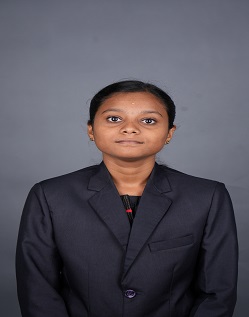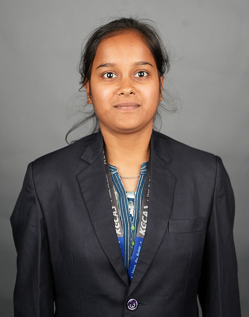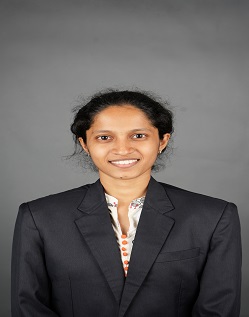Latest News:
Phone 91-422-441 9999
Email id info@kgcas.com
PEOs | PSOs | POs
Program Educational Objectives (PEOs)
The BBA AND BBACA program describe accomplishments that graduates are expected to attain within five to seven years after graduation
- PEO1 – Graduates will be capable of making a positive contribution to business, trade and industry in the national and global context
- PEO2 – Graduates will be able to apply frameworks and tools to arrive at informed Decisions in profession and practice, striking a balance between business and social dimensions.
- PEO3 – Graduates will have a solid foundation to pursue professional careers and take up higher learning courses such as MBA, MCA, MCM ,MMM, M.Phil ,Ph.D as well as research.
- PEO4 – Graduates with a flair of self-employment will be able to initiate and build upon entrepreneurial ventures or demonstrate for their employer organizations
- PEO5 – Graduates will recognize the need for adapting to change and have the aptitude and ability to engage in independent and life – long learning in the broadest context of socio-economic, technological and global change.
Programme Specific Outcomes (PSOs)
After the successful completion of BBA and BBACA program, the students are expected to
- PSO1 – Understand of the corporate world
- PSO2 – Analyse the theoretical knowledge with the practical aspects of Organizational setting and techniques or management.
- PSO3 – Determine conceptual and analytical abilities required for effective decision making
- PSO4 – Understand the dynamic and complex working environment of Business
- PSO5 –Understand the problems faced by the business sector in the Current scenario.
Programme Outcomes (POs)
On successful completion of the BBA and BBACA program
- PO1 – Develop the knowledge, skill and attitude to creatively and systematically apply the principles and practices of management, accountancy, finance, business law, statistics, HR, operations and IT to management problems and work effectively in modern day business and non-business organizations.
- PO2 – Develop fundamental in-depth knowledge and understanding of the principles, concepts, values, substantive rules and development of the core areas of business such as finance, accounting, marketing, HR, operations along with the tools such as Tally, MS Excel, MS Office, etc.
- PO3 – Demonstrate the critical thinking mindset and the ability to identify and formulate research problems, research literature, design tools, analyse and interpret data, and synthesize the information to provide valid conclusions and contextual approaches across a variety of subject matter.
- PO4 – Exhibit self-confidence and awareness of general issues prevailing in the society and communicate effectively with the accounting, commerce, management, business, professional fraternity and with society at large through digital and non- digital mediums and using a variety of modes such as effective reports & documentation, effective presentations, and give and receive clear instructions
- PO5 – Function effectively as an individual, and as a member or leader in teams, and in multidisciplinary settings by demonstrating life skills, coping skills and human values.
- PO6 – Analyse the sampling techniques of collecting primary and secondary data and tools and techniques of data.
- PO7 – Understand the methods of collecting primary and secondary data. construction of scaling techniques and Determine the steps involved in design of questionnaire.Analyse and preparation of project report for the Functional areas of research.
- PO8 – Determine the functional areas of management such as Production, purchasing, marketing, sales, advertising, finance, human resource system, Industry4.0 Understand the SERQUAL of the various service industries.
- PO9 – Analyse the various aspect of business research in the area of marketing, human resource and Finance.
- PO10 – Analyse the various financial and accounting concept including Balance sheet ,trial balance, etc.,






























